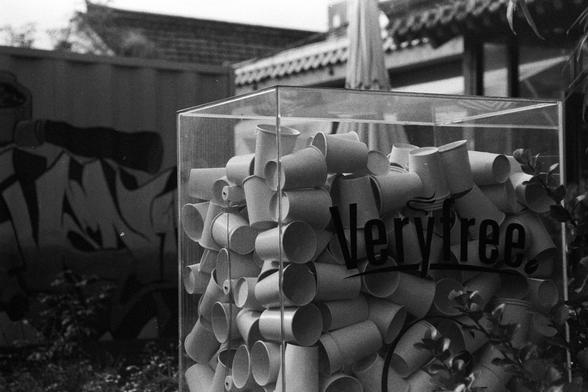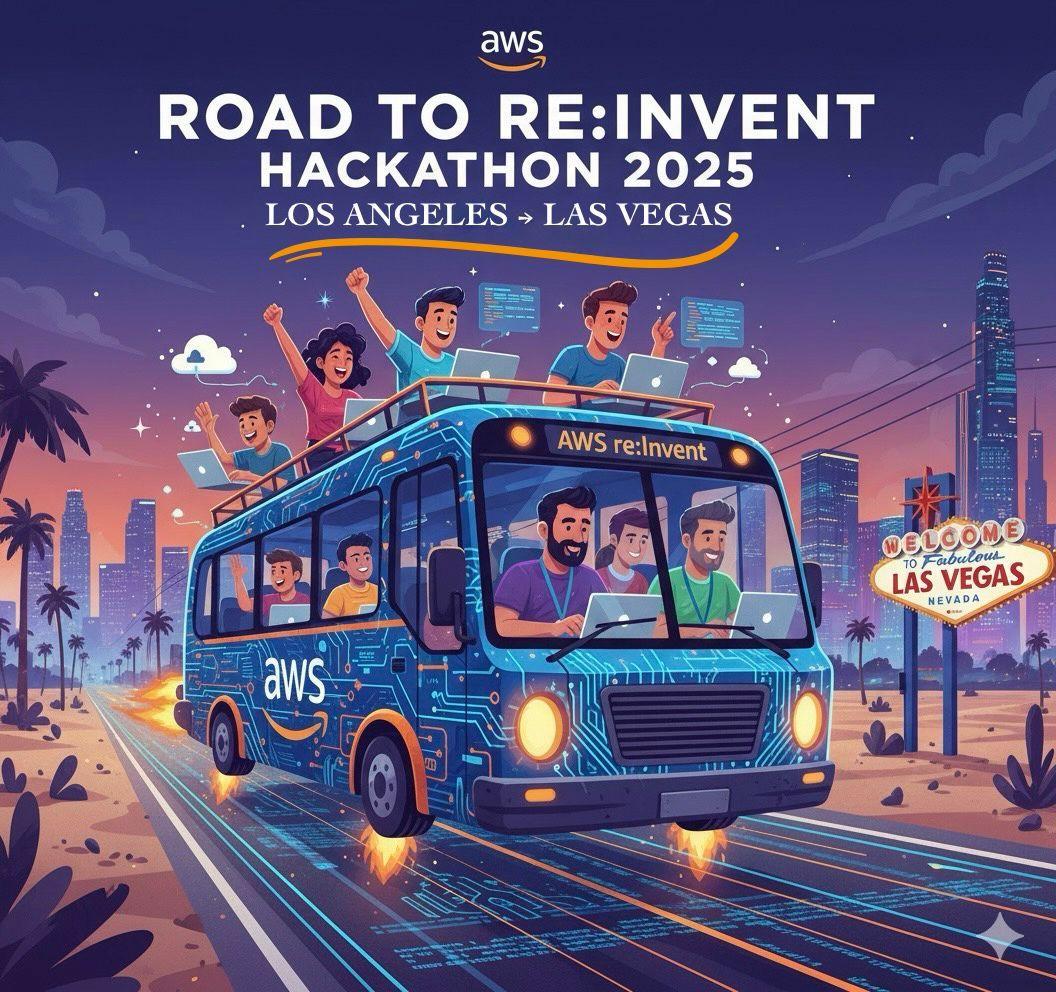2026-01-31 00:30:01
Different Corners ▶️
不同的角落 ▶️
📷 Nikon F4E
🎞️ Fujifilm NEOPAN SS, expired 1993
#filmphotography #Photography #blackandwhite
2025-12-31 09:14:04
It's the Day of Hermes aka Mercurius Day aka #Wednesday! 🐏
Enjoy the last day of 2025 🥂
"At the proper time #Zeus loosened the stitches and gave birth to #Dionysos, whom he entrust…
2025-12-30 13:40:20
Good Morning #Canada
I hope you're waking up to a scrumptious smell from the kitchen because it's National Bacon Day. While you're waiting for it to finish cooking, here are some facts to salivate over:
- Canadian Bacon, aka Back Bacon or Peameal Bacon, is a Canadian invention. It's also healthier than regular bacon, with far less saturated fats
- 42% of Canadians prefer their bacon crispy while 49% enjoy it limp. I assume 9% eat it raw?
- Winnipeg, home of the Bacon Centre of Excellence, is the Bacon Capital of Canada
- Canadians consume over 50M kilos of bacon annually. I ate my 1.25 kilos this year.
- Canadian Bacon, the movie, was a box office flop, only earning $178K on a production budget of $11M
- The average weight of a pig prior to processing is 111.2 kilos
- Canadian producers exported 18.6M kilos of cured bacon and 202K kilos of back bacon
- There are over 14M hogs in Canada
- 82% of Canadians add bacon on their burgers
- Kevin Bacon is not Canadian
#CanadaIsAwesome #MMMBacon
2025-12-31 20:02:22
In the final instalment of Recommendations From a Fat Guy (I've Eaten More Than You Have) for 2025: *THIS TEA*. Do you enjoy flavors that are like a sock filled with pennies delivered directly to your lower jaw? Is Anchorage, Alaska in reach for you? Or can you afford to order tea on the Internet? Good news! Go to `The Kobuk` and buy this! And if you can't get to Alaska, buy some SERIOUS black tea (Barry's, etc., not your weak American bullshit, or use like 4 bags bullshit/cup) a…
2026-02-01 02:22:30
A live view of the #ArtemisII stack on the pad: https://www.youtube.com/watch?v=xCrPD7tfcr0 - where the countdown for the Wet Dress Rehearsal has begun at 1:13 UTC; see https://www.nasa.gov/blogs/missions/2026/01/31/countdown-begins-for-artemis-ii-wet-dress-rehearsal/ for the timeline and https://skyweek.wordpress.com/2026/02/01/generalprobe-wet-dress-rehearsal-fur-artemis-ii/ for maaany Artemis-related links going back to 2023.
2026-01-31 15:01:27
Trump's reality distortion field
– which promised Mexico would pay for his border wall
– had met its match.
Rupert Murdoch’s New York Post warned:
“Mr President, the American people didn’t vote for these scenes,
and you can’t continue to order them to not believe their lying eyes.”
White House aides had already tried to deny the video evidence when 37-year-old Renee Good was shot three times in her vehicle by an Immigration and Customs Enforcement (IC…
2025-11-29 20:00:49
🔊 #NowPlaying on #BBCRadio3:
#Radio3InConcert
- BBC Scottish Symphony Orchestra at 90
The BBC Scottish Symphony Orchestra looks forward to its 90th anniversary this week, with a celebration of its commitment to contemporary music.
Relisten now 👇
https://www.bbc.co.uk/programmes/m002mkzn
2025-12-30 20:48:48
2025-11-29 00:36:16
Not sure if I want folks to watch, but they will be streaming the Road to re:Invent Bus hackathon and I'll be on the Khaki Team Bus.
I suspect it will be like a Reality TV show. Info in this article including links to the streaming options (Twitch or the re:Invent conference stream)
#AWS #reInvent
https://builder.aws.com/content/3515K374s531rNhcd2gu3HIV5BX/the-road-to-reinvent-hackathon-what-it-is-and-how-to-watch
2025-11-30 00:30:00
Moody Urbanity - Old & New III 🔆
情绪化城市 - 新与旧 III 🔆
📷 Nikon FE
🎞️ Ilford HP5 Plus 400, expired 1993
#filmphotography #Photography #blackandwhite












